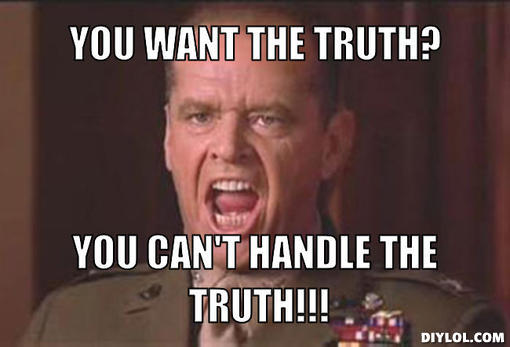Here’s an oldie but a goodie. A man and his son are in a serious car accident and both are taken to the emergency room, unconscious. The boy is wheeled immediately into surgery. The surgeon takes one look at him and says, “I can’t operate on this child, he’s my son.” Who is the surgeon?
When you decide on the answer, either congratulate yourself smugly or slap yourself on the forehead and continue. Getting the answer wrong (hint: mother) even if you are a female, or a great believer in feminine equality doesn’t make you a bad person. It simply indicates that you have an unconscious connection between two concepts, in this case, males and surgeons, floating around in your head somewhere. This connection can lead to errors in thinking and behavior and is known as an implicit bias. They come from many different sources to include our life experiences and education. In many cases, they can be completely opposite of what we consciously believe and report.
This matters to social engineers because our implicit biases can affect how we treat people and view situations. These reactions can sneak out without us realizing it. The goal, however, is not to remove them – that would be impossible. It’s to simply be aware of them to give you greater control over how you behave and how you treat others.
If you’re interested in learning more, check out the site Project Implicit. They have a number tests that measure how quickly you associate certain qualities with various groups of people. It’s not comfortable finding out that you connect “good” descriptors with white, young, or thin people. But think of the importance of understanding this about yourself and how this in turn can make you a better social engineer and more aware human being.



Comments are closed.